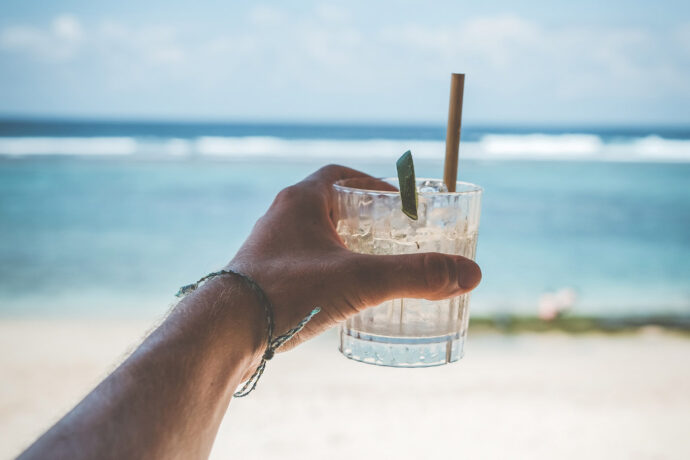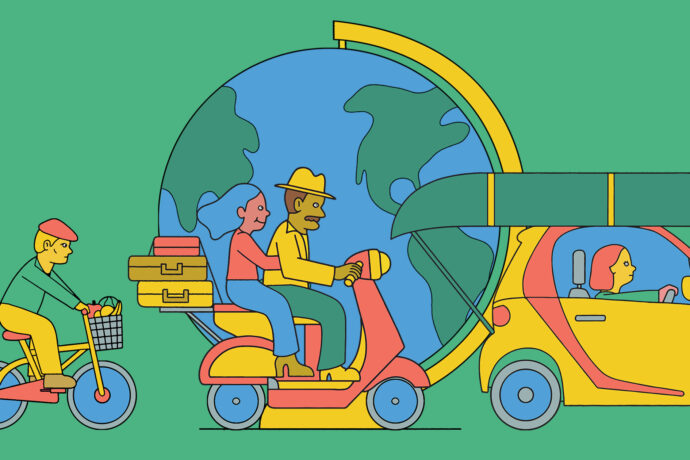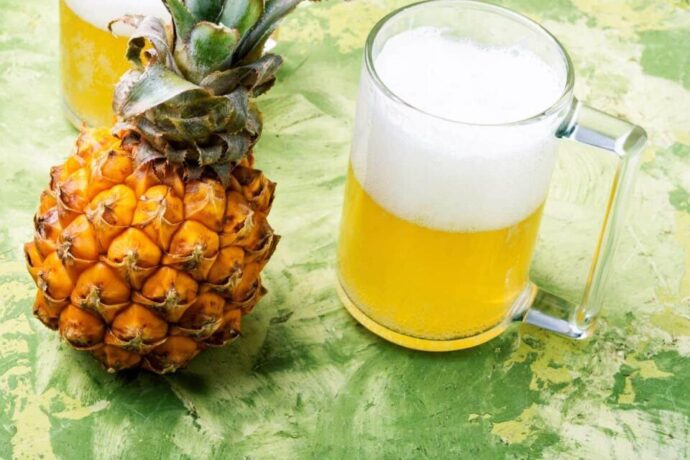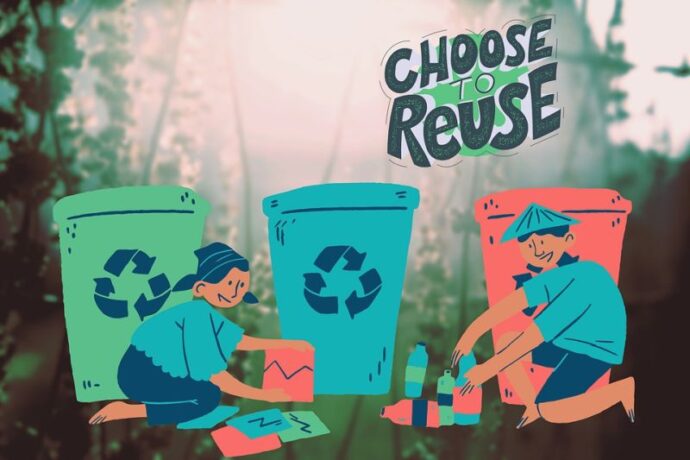Enjoying a good drink doesn’t have to ruin the ecosystem. With several drink manufacturers making efforts to reduce their effect on the environment, there is no better time to become an eco-friendly consumer. Like other products, the best way to consume alcohol responsibly is to drink moderately. However, this may not be possible for everyone.
In this article, we will discuss the best ways to promote sustainable drinking, but first, let’s look at how alcohol consumption affects the environment.
The Environmental Impacts of Alcohol Production and Consumption
The environmental impact of alcohol production and consumption has been widely debated for the past few years. Evidence suggests that the production and consumption of alcohol have a significant negative impact on the environment.
The most common raw material used in alcohol production is grain. It requires land to grow. The more land used for growing raw materials for alcohol production, the greater the impact on ecosystems and biodiversity. Besides, the chemicals and other inputs used in farming can pollute waterways and soil.
The fermentation process to produce alcohol also emits greenhouse gases, including carbon dioxide and methane. These emissions contribute to climate change. Additionally, distilling alcohol uses energy from fossil fuels like coal or natural gas, which further increases emissions.
While it is difficult to quantify the exact environmental impact of alcohol production and consumption, there is no doubt that it is significant. If you are concerned about your environmental impact, you may want to switch to eco-friendly drinking.
The Importance of Eco-responsible Drinking

One reason for eco-responsible drinking is that it conserves resources. If everyone drank only eco-friendly beverages, it would reduce the strain on our limited resources. It would also help reduce pollution and protect wildlife.
Another reason to practice eco-friendly drinking habits is that it can save you money in the long run. Buying eco-friendly products often costs more upfront, but they are less expensive than their traditional counterparts in the long run. This is because they last longer and don’t require as much maintenance. For example, a reusable water bottle will eventually pay for itself because you won’t have to keep buying single-use containers.
In addition to being good for the environment and your wallet, eco-friendly drinking practices are also good for your health. Most drinks contain sugar, artificial sweeteners, and other unhealthy ingredients. When you switch to eco-friendly options, you’ll be surprised at how much better you feel. This is because eco-friendly drinks are made with natural ingredients that are gentle on your digestive system and don’t contain harmful chemicals.
Therefore, the next time you feel like boozing, consider the importance of eco-friendly drinking practices. Your body (and the planet) will thank you!
Ways of Drinking more Eco-responsibly
Promoting sustainable practices is a crucial way to becoming an eco-responsible consumer. Some of the most efficient and sustainable alcohol consumption practices include:
1. Prioritizing the Use of Refillable Containers
When you drink at home or in a bar, choose low-waste serving options, such as refillable containers, and avoid single-use options like plastic cups and straws. Reusable containers use fewer resources in their production and disposal. This ultimately reduces the strain on the environment and conserves resources.
2. Supporting Local Manufacturers

Purchasing alcohol from local brewers is an excellent way to reduce the environmental impact of alcohol production while also supporting local communities and economies.
By sourcing products from local breweries, you can reduce the carbon footprint associated with transportation, as the products have a shorter distance to travel from the brewery to your home. Local brewers also have a smaller carbon footprint, typically using smaller-scale equipment and having fewer transportation requirements.
Supporting local brewers allows you to promote sustainable and environmentally conscious practices, as local businesses are often more responsive to community values and concerns.
Purchasing locally brewed products can also help to support the local economy, as local businesses are more likely to use local suppliers and employ local workers.
3. Going Organic
Organic alcohol refers to alcoholic beverages made using ingredients grown or produced following organic farming standards. Organic farming uses methods designed to support the health and well-being of the soil, plants, and animals involved in the production process. These methods include using natural fertilizers, such as compost and manure, and avoiding synthetic pesticides and fertilizers.
For instance, organic cane alcohol is made without synthetic chemicals or additives, and the production process meets the highest standards. This includes using renewable energy sources, protecting the environment, and ensuring the humane treatment of animals.
Organic alcohol can include various types of beverages, such as beer and wine. You can also find organic gin and spirits sourced from organic botanicals. By choosing organic alcohol, individuals can support sustainable and eco-friendly production practices and reduce their environmental impact.
4. Brewing Your Alcohol

When you brew your alcohol, you have complete control over the ingredients and production process. This allows you to create a product tailored to your taste preferences. There is also a sense of pride and accomplishment that comes with brewing your own alcohol, especially when you share it with friends and family. As you achieve that, you will also save on cost and safeguard the environmental impact. Always remember to source raw materials grown or produced sustainably.
5. Creating Awareness
Sharing your knowledge and tips with others to raise awareness about the importance of sustainable drinking can encourage them to change their alcohol consumption habits and promote eco-responsible drinking.
6. Reducing Alcohol Consumption
Reducing alcohol consumption may seem difficult, but it is the best way to reduce the impact alcohol has on the environment. This reduces the demand for alcoholic drinks. As a result, fewer resources are used in the distribution, transportation, and production of alcoholic products. Reduced alcohol consumption can also produce less waste during production and packaging.
Besides, reducing alcohol consumption can lead to enhanced health and ultimately lower the burden on our healthcare systems.

Final Words
From consuming organic alcohol to buying locally distilled drinks, the above tips can help ensure you drink responsibly. These tips can also be helpful for you if you are considering holding a party at home.















